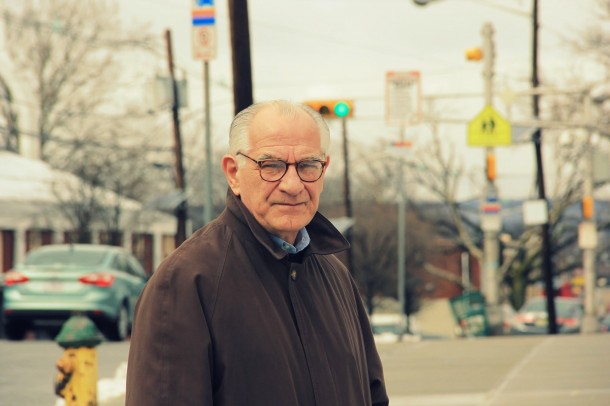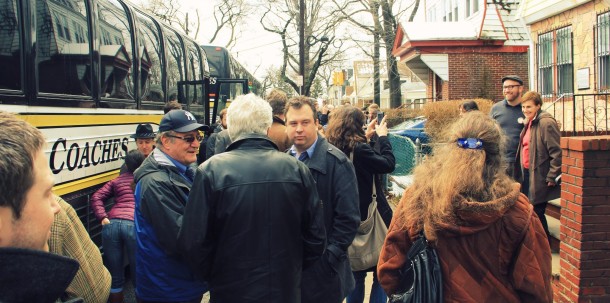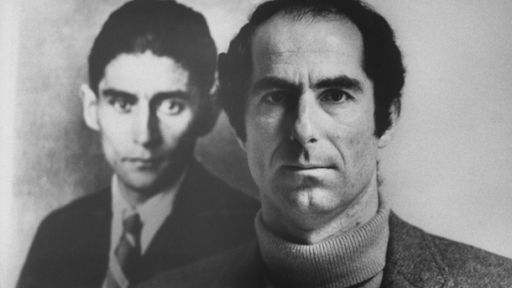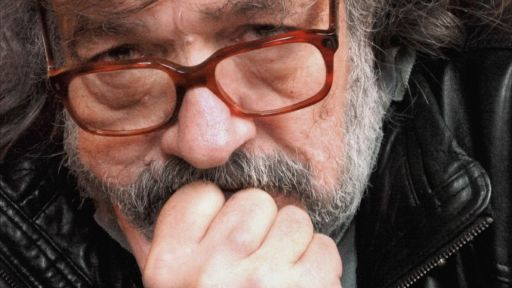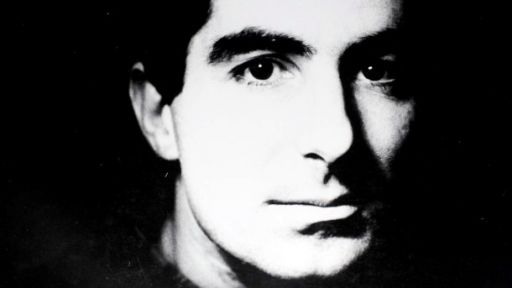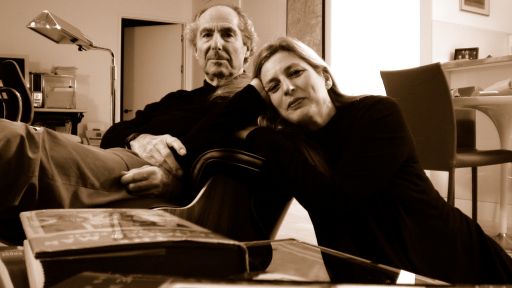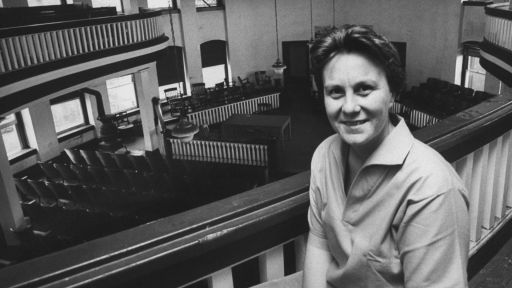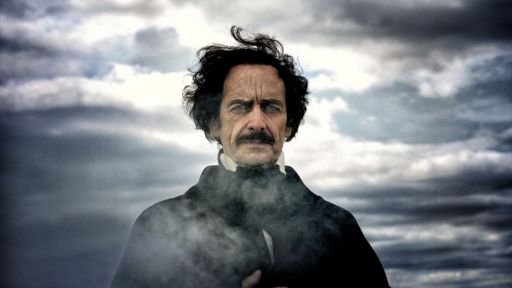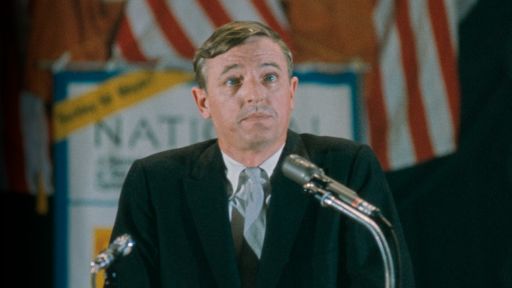BY TOM McNAMARA
“Do you guys know who Philip Roth is?” That’s what I asked some students outside of Weequahic High School, in Newark, New Jersey.
“Didn’t he play football?” one of them said.
“I don’t know about that. But he went to your school. He’s a writer,” I said.
“Is he dead?” they asked.
“No.”
“Is he on the bus?”
Here I was, on the bus tour of author Philip Roth’s Newark — his hometown and setting of several of his books, like Goodbye Columbus, Portnoy’s Complaint and I Married a Communist.
Three buses were chartered by the Newark Preservation and Landmarks Committee for 140 people, among them academic-types, Roth readers and some Newark locals.
We were all there for Roth’s 80th birthday. Roth skipped the trip down memory lane this time around, but if you believe the whispers from the tour group, Newark’s own hopped on for a ride just a few years ago.
Outside of Roth’s old, art deco-style high school, we read from Portnoy’s Complaint: “Here, in fact, was a cheer that my cousin and his buddies used to send up from the stands at the end of a game in which Weequahic had once again met with seeming disaster. I used to chant it with them: Ikey, Mikey, Jake and Sam, we’re the boys who eat no ham, we play football, we play soccer — and we keep matzohs in our locker! Aye, aye, aye, Weequahic High!”
At each stop, the tour guide asked for someone in the crowd to read related excerpts, turning overlooked streets, parks and houses into bona fide Philip Roth landmarks. Outside the Essex County Courthouse, it was my turn to read: a passage from I Married a Communist about a bronze Abraham Lincoln statue, “seated and waiting welcomingly on a marble bench before the courthouse, in his sociable posture and by his gaunt bearded face revealing that he is wise and grave and fatherly and judicious and good.”
All this made me think: in our cities, we like to claim our own.
Take where I’m from in St. Paul, Minnesota. We have Peanuts creator Charles Schulz, F. Scott Fitzgerald of The Great Gatsby notoriety and hall of fame Milwaukee Brewers infielder Paul Molitor. They have a bronze Linus and his blanket in the downtown, I went on a tour of Fitzgerald’s St. Paul as a kid and Molitor and I went to the same high school, where I looked at his photo in the trophy case every day.
We claim our own to to be a part of something that’s bigger than all of us. I never knew Charles Schulz, but the fact I grew up in the same neighborhood he did means something.
When the buses let out at Roth’s boyhood home on 81 Summit Ave., people posed for pictures and pretended to ring the doorbell. It was a strange sight: three buses full of people admiring what on any other day would just be an anonymous house in the middle of a Newark street.
But, this was Roth’s house. And as people uploaded pictures of themselves on the front steps to Facebook, they got to be a part of Roth’s story, even just for a few moments.
This is what will give Roth immortality long after he’s gone. Sure, people will forget, like the group of students outside of Weequahic High School, but just as many will remember, keep reading his books and even make the pilgrimage to 81 Summit Ave.
If you read The Counterlife from 1986, Roth ponders his own immortality through the guise of his literary alter-ego, Nathan Zuckerman:
“‘If you’re from New Jersey,’ Nathan had said, ‘and you write thirty books, and you win the Nobel Prize, and you live to be white-haired and ninety-five, it’s highly unlikely but not impossible that after your death they’ll decide to name a rest stop for you on the Jersey Turnpike. And so, long after you’re gone, you may indeed be remembered, but mostly by small children, in the backs of cars, when they lean forward and tell their parents, “Stop, please, stop at Zuckerman — I have to pee.” For a New Jersey novelist that’s as much immortality as it’s realistic to hope for.’”
Back in 2005, the city of Newark granted Roth the next best thing to a Jersey rest stop: the intersection up the road from 81 Summit Ave. is now Philip Roth Plaza.


